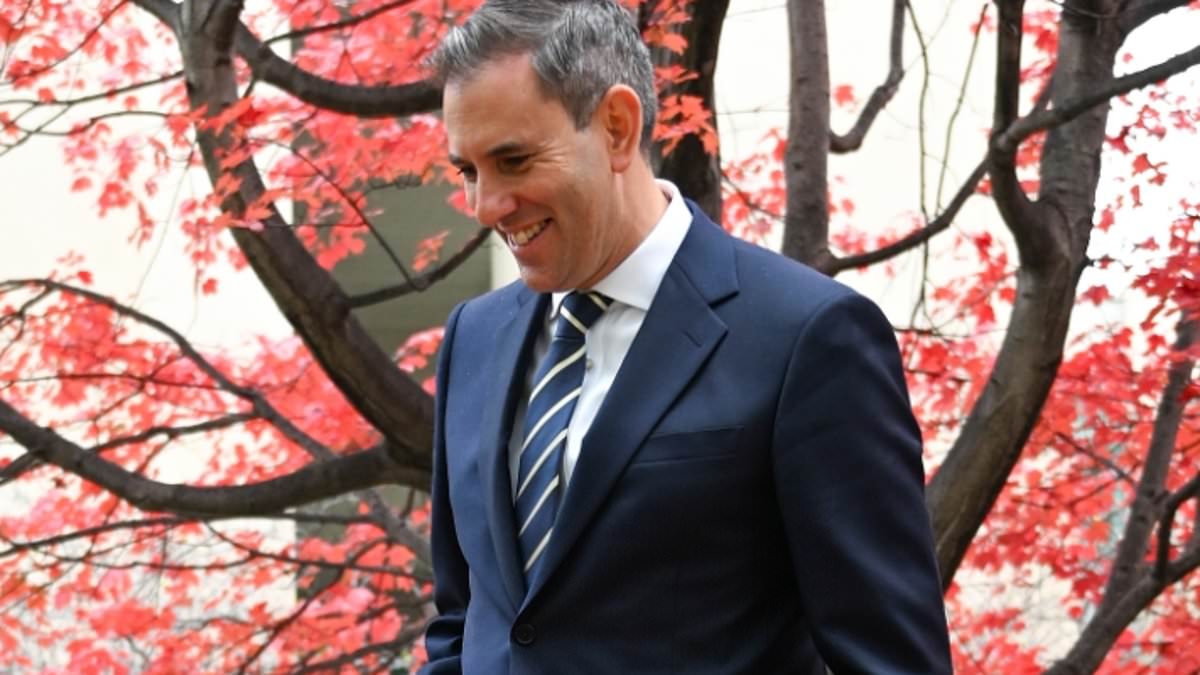
World leaders convened at the Global Climate Summit in Geneva on Tuesday, committing to ambitious carbon reduction targets aimed at curbing the accelerating climate crisis. The summit, attended by representatives from over 100 countries, marks a pivotal moment in international climate policy as nations strive to meet the goals set by the Paris Agreement.
The event highlighted the urgency of addressing climate change, with leaders agreeing to a collective goal of reducing global carbon emissions by 50% by 2030. This commitment comes in response to recent reports indicating that current efforts are insufficient to limit global warming to 1.5 degrees Celsius above pre-industrial levels.
Commitments and Challenges
The pledges made at the summit include significant commitments from major economies such as the United States, China, and the European Union. These nations have vowed to implement stricter regulations on industrial emissions, invest in renewable energy, and promote sustainable practices across various sectors.
However, the path to achieving these targets is fraught with challenges. Developing countries, in particular, face difficulties in balancing economic growth with environmental sustainability. Financial and technological support from wealthier nations is deemed crucial to enable these countries to transition to greener economies.
“We must act swiftly and decisively. The science is clear, and the time for action is now,” stated UN Secretary-General António Guterres during his keynote address.
Historical Context and Previous Efforts
The Global Climate Summit builds on decades of international efforts to combat climate change. The Kyoto Protocol, adopted in 1997, was the first major international treaty aimed at reducing greenhouse gas emissions. However, its impact was limited due to non-participation by some key countries and a lack of enforcement mechanisms.
The Paris Agreement of 2015 marked a significant shift, with nearly every nation committing to national targets for reducing emissions. Despite this progress, recent assessments have shown that current national commitments fall short of what is needed to prevent catastrophic climate impacts.
Expert Opinions and Analysis
Climate experts have praised the renewed commitments but caution that translating pledges into action will require unprecedented cooperation and innovation. Dr. Jane Goodall, an environmental advocate, emphasized the importance of grassroots movements in driving change, stating, “Real change begins with individuals and communities demanding better from their leaders.”
Meanwhile, economists highlight the potential economic benefits of transitioning to a low-carbon economy. Investments in renewable energy and sustainable infrastructure are expected to create millions of jobs worldwide, offsetting potential losses in fossil fuel industries.
By the Numbers: The International Renewable Energy Agency estimates that the renewable energy sector could employ over 24 million people globally by 2030.
Looking Ahead
As the summit concludes, the focus shifts to implementation. Nations are expected to submit detailed plans outlining how they will achieve their targets, with progress reviews scheduled for subsequent international meetings. The success of these efforts will depend on transparent reporting, accountability, and continued international collaboration.
The Global Climate Summit represents a critical step forward in the fight against climate change. While the road ahead is challenging, the commitments made in Geneva offer a glimmer of hope that the international community can unite to safeguard the planet for future generations.







